Newman News Term 2 Week 4: From the Vice Principal
Newman Parents – NPCC Meeting
Ms Lara Ognenis, our Gifted and Talented Teacher K-10, delivered a thorough presentation on Monday night to our Newman Parents Consultative Committee. She covered how we identify and extend students with gifted traits from PP to Year 9. Lara outlined the future vision for the space and the types of activities and competitions students are currently involved in. Thank you to those parents who were able to attend.
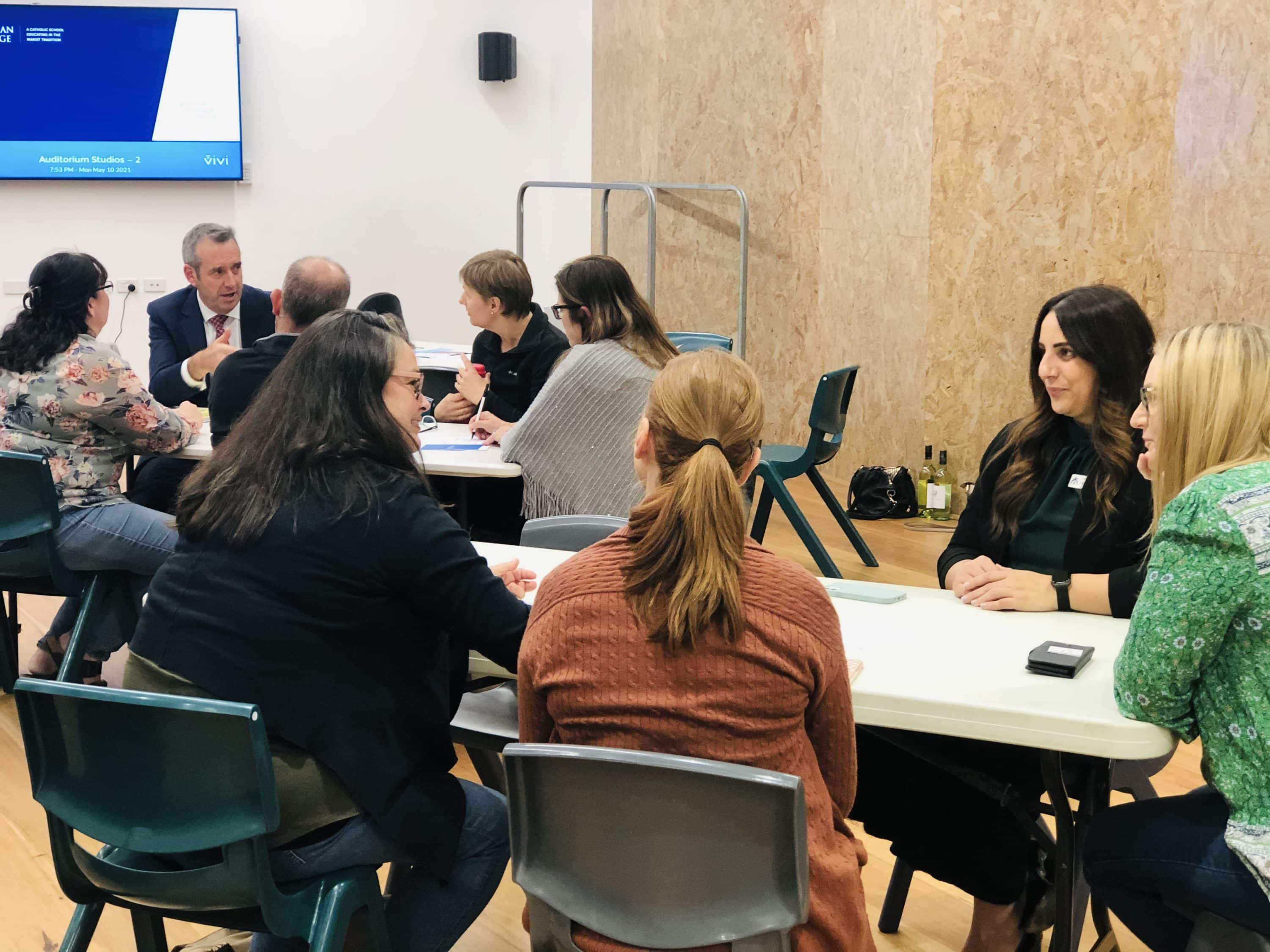
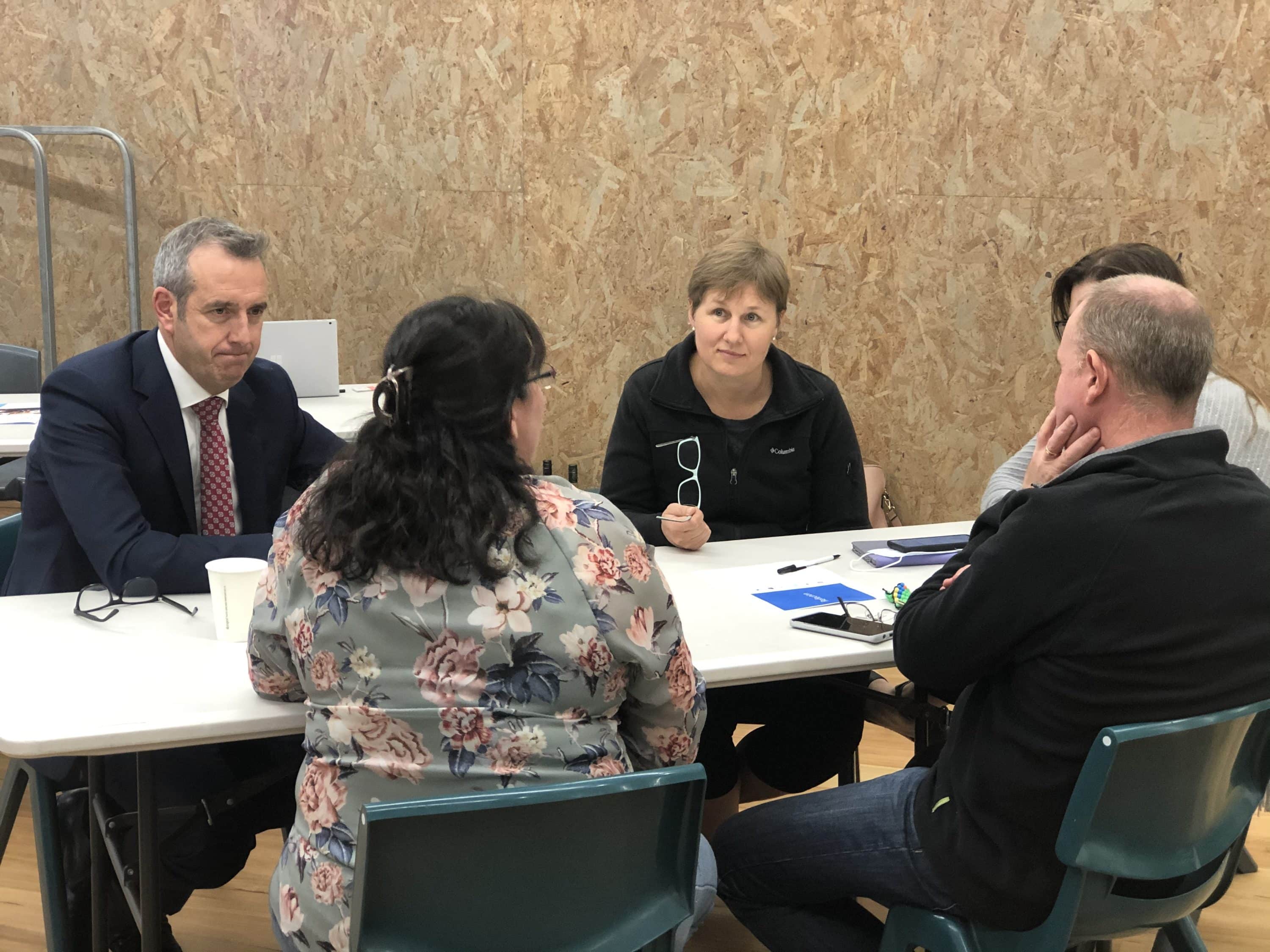
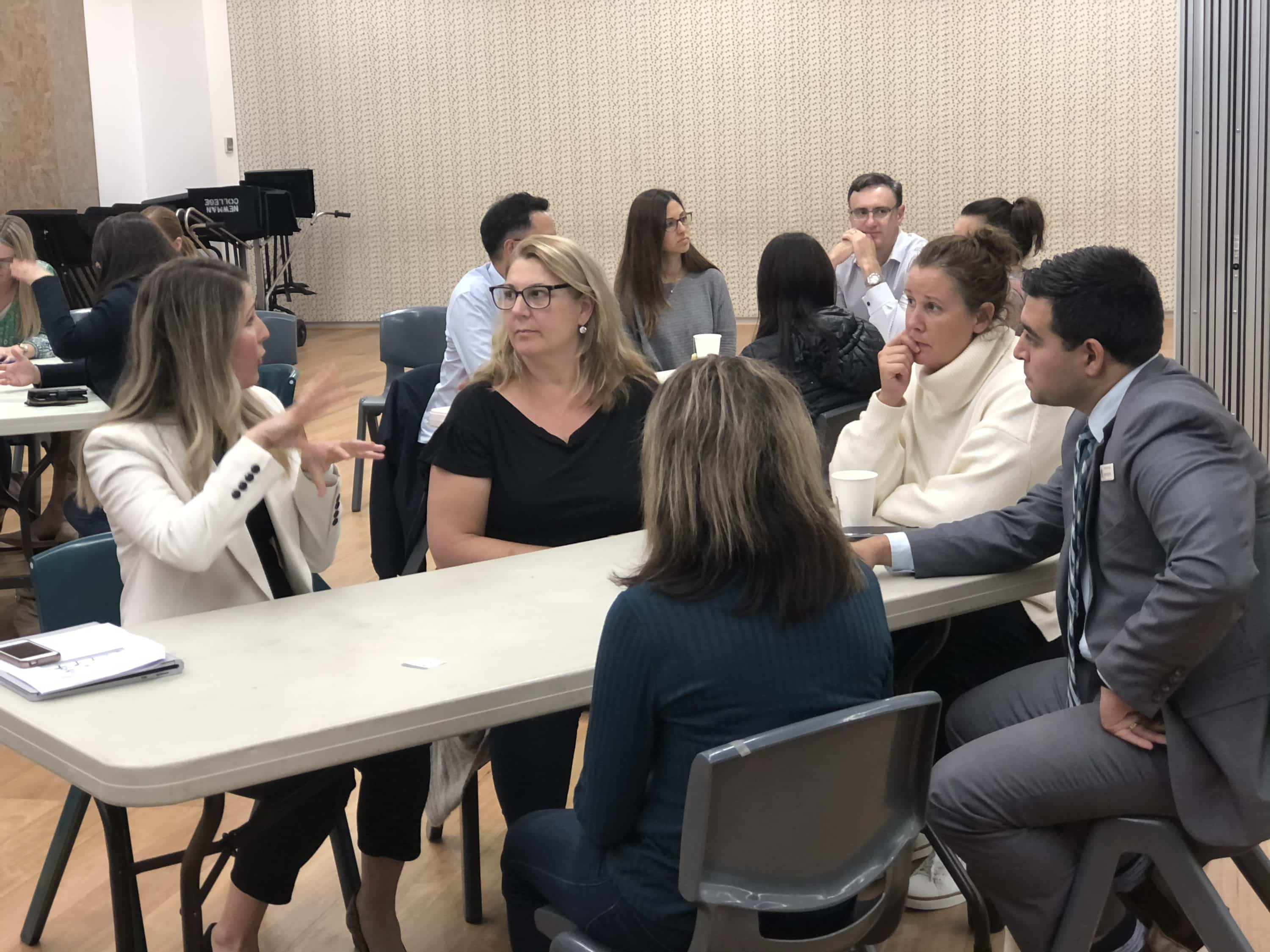
Problem Solve It Parent Information Evening
Our Leader of Learning in Science, Ms Krystal Skelin, launched our new Problem Solve It Immersion on Tuesday night. The program has been recognised as a National Excellence Awardee, and Krystal and John Finneran will travel to Sydney to participate in this prestigious award ceremony. The student immersion lasts for three nights and four days during the Term 2 holidays and sees Year 9 and 10 students immerse themselves in thinking routines that can be employed to creatively solve real life problems. Newman has partnered with UWA, Republic Polytechnic Singapore and an Innovation Coach from RACWA for the experience. Places are limited. For more information, please email krystal.skelin@newman.wa.edu.au
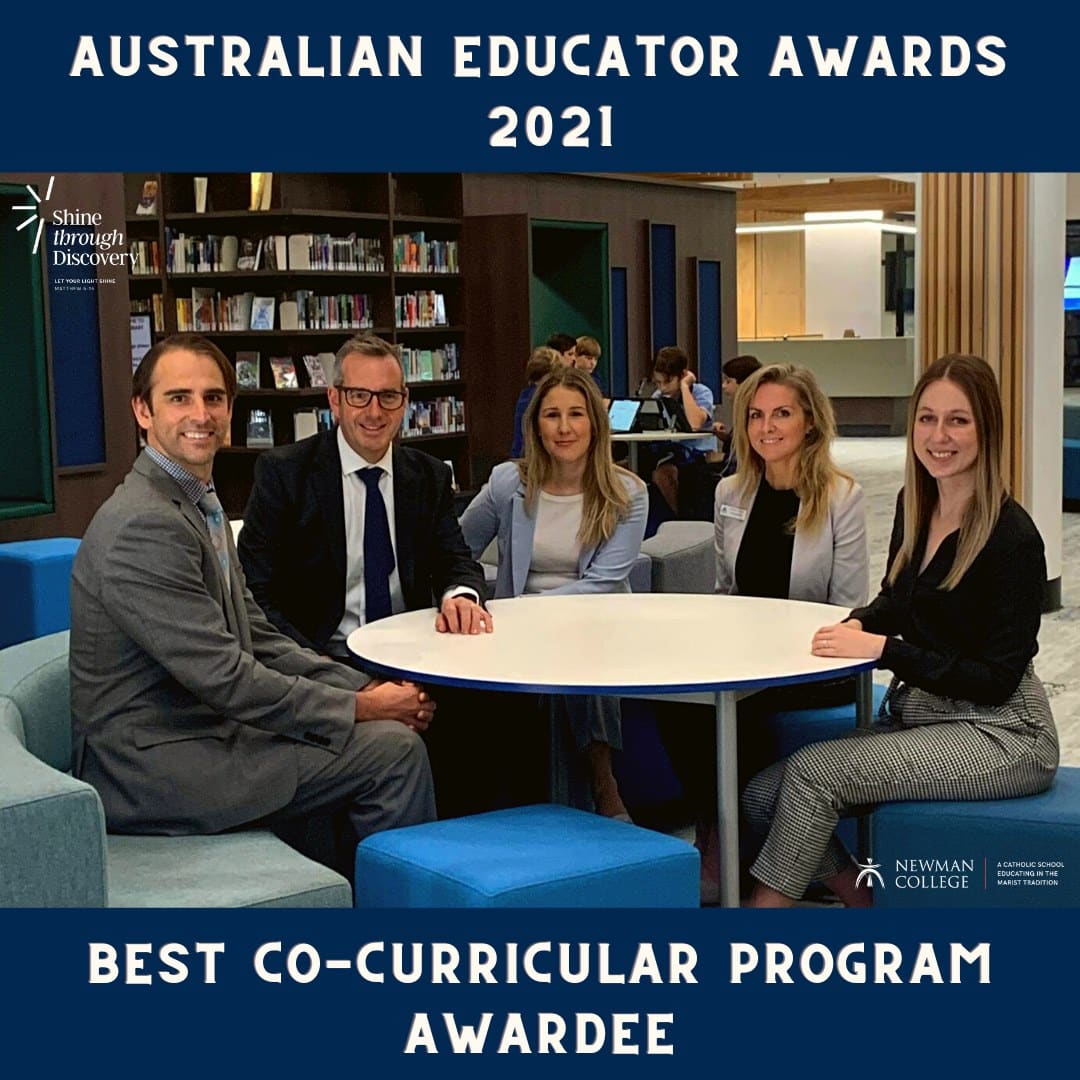

NAPLAN
In 2020, one of the impacts of the COVID-19 pandemic was the abandonment of the annual National Assessment Program – Literacy and Numeracy (NAPLAN) for students in Years 3, 5, 7 and 9. This important assessment of Australian students’ learning progress resumed on Tuesday.
The 2021 NAPLAN tests will provide useful external learning progress data for parents, teachers, and students to reflect upon in a manner that is proportionate with all other rich formative, summative and professional observational assessments that occur in our schools each day.
Artist in Residence
The College is pleased to welcome acclaimed Western Australian textile designer Tanya Cain-Abbs as part of the 2021 Artist in Residence Program. Tanya will work with select groups of students in Years 2–12 to learn the technique Shibori, a Japanese manual resist dyeing technique which produces patterns on fabric. The art works will be exhibited at the Students Art exhibition opening Tuesday 26 October.
Community workshops will be held in term three inviting families and friends to share in the Shibori workshop experience. More information regarding community workshops will be posted on the College website, social media pages and in the College newsletter.
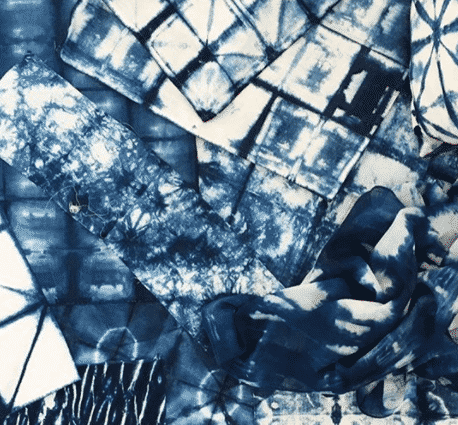
Extended Absences – change of procedure
In the event of planned extended absences, such as holidays and sporting representations, parents/guardians are requested to inform the Vice Principal, in writing with the reason for the absence, giving as much notice as possible. This is a new procedure that will streamline our PK –12 absentees. Please send notifications to lucie.mccrory@newman.wa.edu.au
Social Media
The College celebrates student achievements and other important events through our Facebook, Twitter and LinkedIn pages online. Please join our networks and stay abreast of life at Newman:
Study Techniques
It is mid Term 2 and an apt time to review our study techniques and routines. Regularly reviewing and revising what we have learnt is an important part in the process of knowledge consolidation.
Questions to consider:
- Have you got a study routine in place that includes breaks and down time?
- Have you asked someone to keep you accountable to your study routine?
- Are you studying effectively?
- Is your learning space conducive to study?
- What does the research say about studying? Read the below except from the article written in Edutopia ‘5 Research Backed Studying Techniques’
5 HIGH-INTENSITY STUDY HABITS
Researchers have found that the following techniques increase sustainable learning and retention when incorporated in students’ daily study habits. These techniques are difficult and require effort, and they slow down learning. Initially the learning gains seem to be smaller than with some ineffective practices. However, these techniques lead to long-term mastery.
The book Make It Stick identifies several research-proven studying techniques.
- Pre-test: When students practice answering questions, even incorrectly, before learning the content, their future learning is enhanced. Research has shown that pre-testing improves post-test results more than spending the same amount of time studying.
- Spaced practice: Spacing out study sessions—focusing on a topic for a short period on different days—has been shown to improve retention and recall more than massed practice. The book How We Learn explains that spaced practice can feel difficult due to an initial forgetting of knowledge—reacquiring that knowledge takes effort.
- Creating flash cards that can be used for spaced practice and self-quizzing is effective. Students should create different piles when reviewing the flash cards. The cards they’re able to answer immediately should be placed in a pile to review three days later; those answered with some difficulty should be reviewed two days later; and those that they answered incorrectly should be reviewed the next day.
- Self-quizzing: Testing has a negative connotation in this era of standardized testing, but it is a form of active retrieval practice. Encourage students to make test questions for themselves as they learn a new concept, thinking about the types of questions you might ask on a quiz or test. They should incorporate these quizzes into their study sessions, answering every question, even those they believe they know well.
- Interleaving practice: Students may rely on blocked practice, studying a set of problems—such as multiplication problems—as a group until they feel mastery. A more effective method of studying is to work on a set of problems that are related but not all of the same kind—for example, a set of math word problems that call for addition, subtraction, multiplication, or division. The consecutive problems cannot be solved with the same strategy. This is more effective than doing one multiplication problem after another.
- Paraphrasing and reflecting: Many of us have read a few paragraphs in a textbook only to realize that we didn’t retain a single concept or key point presented in those paragraphs. To show your students how to combat this, have them utilize intentional learning strategies. These include relating what is being learned to prior knowledge, thinking about how they would explain the content to a 5-year-old, and reflecting on and asking questions about the content.
Code of Conduct
The Keeping Safe Child Protection curriculum is a program that spans from 3 years up to Year 12. Our College delivers this curriculum during classroom teaching, and through the Wellbeing Programs and Health curriculum.
As a Catholic community we are committed to educating the whole person. In order to do this, we need to ensure a safe, supportive and engaging environment. The basis for this environment is that all in the community model what healthy, respectful relationships look like. The Code of Conduct is the definitive guide to the behaviours we want to model to, and expect from, our children and young people. We want to create a culture that assists our children and young people on their learning journey. We can only achieve such a culture in partnership with all who participate in our community. The Keeping Safe Child Protection curriculum is a program that spans from 3 years up to Year 12. Our College delivers this curriculum during classroom teaching, and through the Wellbeing Programs and Health curriculum.
A reminder to all families that the Code of Conduct can be accessed via the College website. The Code is mandated by Catholic Education Western Australia and the application of the code extends to all staff, students, parents, guardians, caregivers and volunteers.
Any perceived breaches of the Code can be discussed with a member of the Senior Leadership Team. As always, if students ever need support, they are encouraged to contact their Leader of Wellbeing, a College psychologist, Counsellor or classroom teacher.
The Code seeks to value the dignity of every person, foster positive relationships, ensure confidentiality and accountability and supports professional boundaries. Events held during school hours, and those College associated events outside of school hours are also supported by the Code of Conduct. Additionally, postings on social media platforms that identify the College or College events are bound by the Code of Conduct. We thank you in advance for your understanding and look forward to a positive partnership that supports our students, your children.